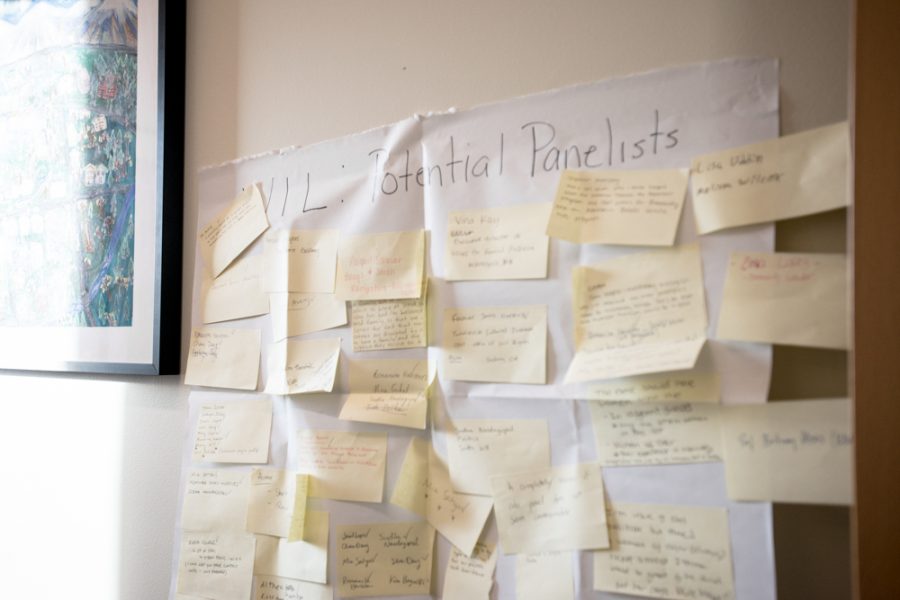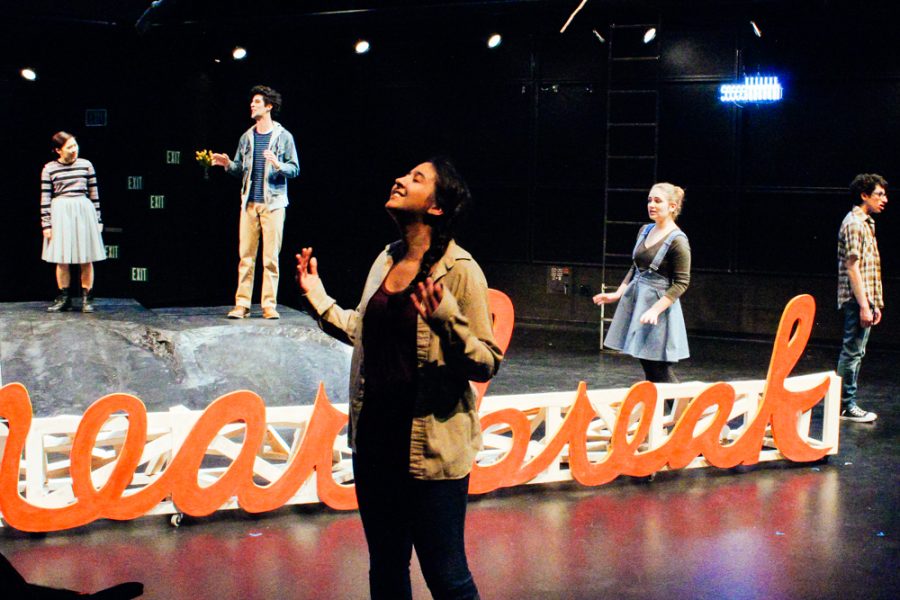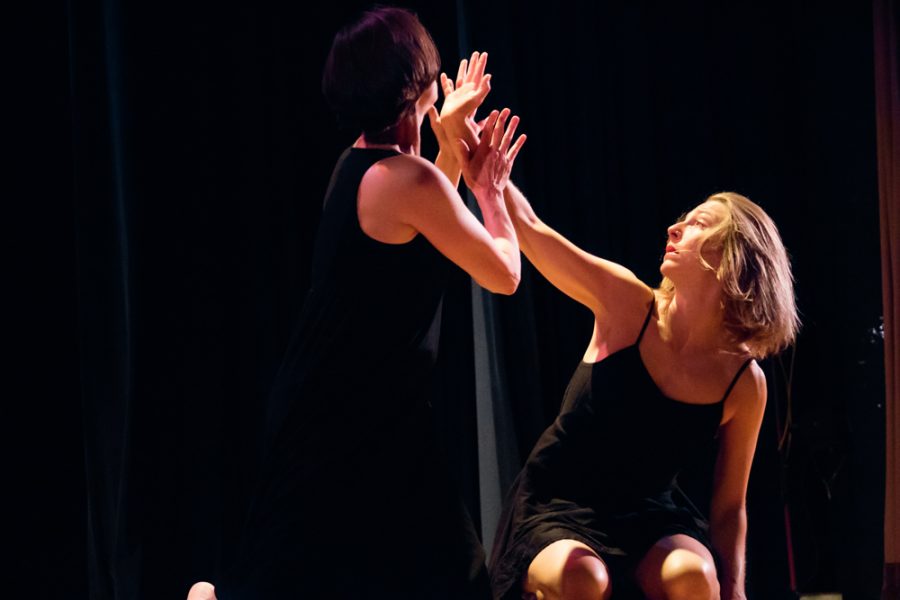Last Friday, April 17 marked the National Day of Silence, which aims to bring awareness to anti-GLBT behavior and sentiments in the United States. In an effort to understand the event, this reporter followed a silent Liam Mina around campus for part of the day.
The National Day of Silence is meant to commemorate those who feel oppressed due to their sexuality.
“By being silent, you’re trying to represent the people who are silenced everyday because of their sexual orientation or gender identity and whether that’s just because they’re bullied or if they’re harassed,” said Mina, a sophomore. “So basically we’re trying to represent them.”
While following Mina, the act of his silence seemed highly successful. His silence seemed an aggressive, unnerving way to enforce the inequity and helplessness felt by many in this community.
Once out of his silence, though, he described a relative futility that taints the event at Whitman.
“I feel like most of the people I interacted with saw it more as an opportunity for me to do charades,” said Mina.
At the Night of Noise, which follows the Day of Silence, the nine participants gathered to discuss the course and implications of their quiet day.
“A lot of people said that they didn’t think it was really effective, mostly because the people here aren’t in general opposed to LGBT people,” said Mina. “But I think it’s important, I just don’t know how effective it was.”
For Mina, the most challenging and frustrating element of complete silence occurred during his brief meetings with non-silent people on campus.
“When you have those really quick interactions with people and you’re passing by to say ‘hello’ and you can’t say ‘hello’ back and you can’t really explain why you can’t say ‘hello.’ I felt that was challenging,” said Mina.
“I felt like it wasn’t really accomplishing a purpose. They didn’t know why I was silent, I felt like I was just being rude.”
In high schools, especially conservative high schools, the Day of Silence is more successful. The students must go through the process of retrieving permission from the schools administrators and teachers and they often meet opposition. According to Mina, in this atmosphere, the Day of Silence causes more of a stir.
While the National Day of Silence seemed ineffective to its Whitman participants, Mina still touted the event’s cause.
“It’s just to make people be aware,” he said.
And even if the silent protesters felt that others did not become aware, Mina still felt a connection with his own muteness.
“I was very aware of my silence. I’m not a particularly talkative person normally, but I was much more aware and intentional about silence and I think that’s important to think about too.”
But as an onlooker observing Mina, his silence seemed pervasive. As he made a bean bag throw with the members of FACE for the Imagine Festival, the silence of the GLBT community was highlighted by Mina’s lack of a voice and thus opinion.
When discussing plans for the Festival, he had no choice but to go along with what others were saying and suggesting. All decisions were made for him.
“It’s frustrating to not be able to communicate,” Mina said.
For Mina, the National Day of Silence is a positive force, but one perhaps lost on a campus that views itself as enlightened.
“I’m glad it’s done,” he said. “I just don’t know what is effective here.”









